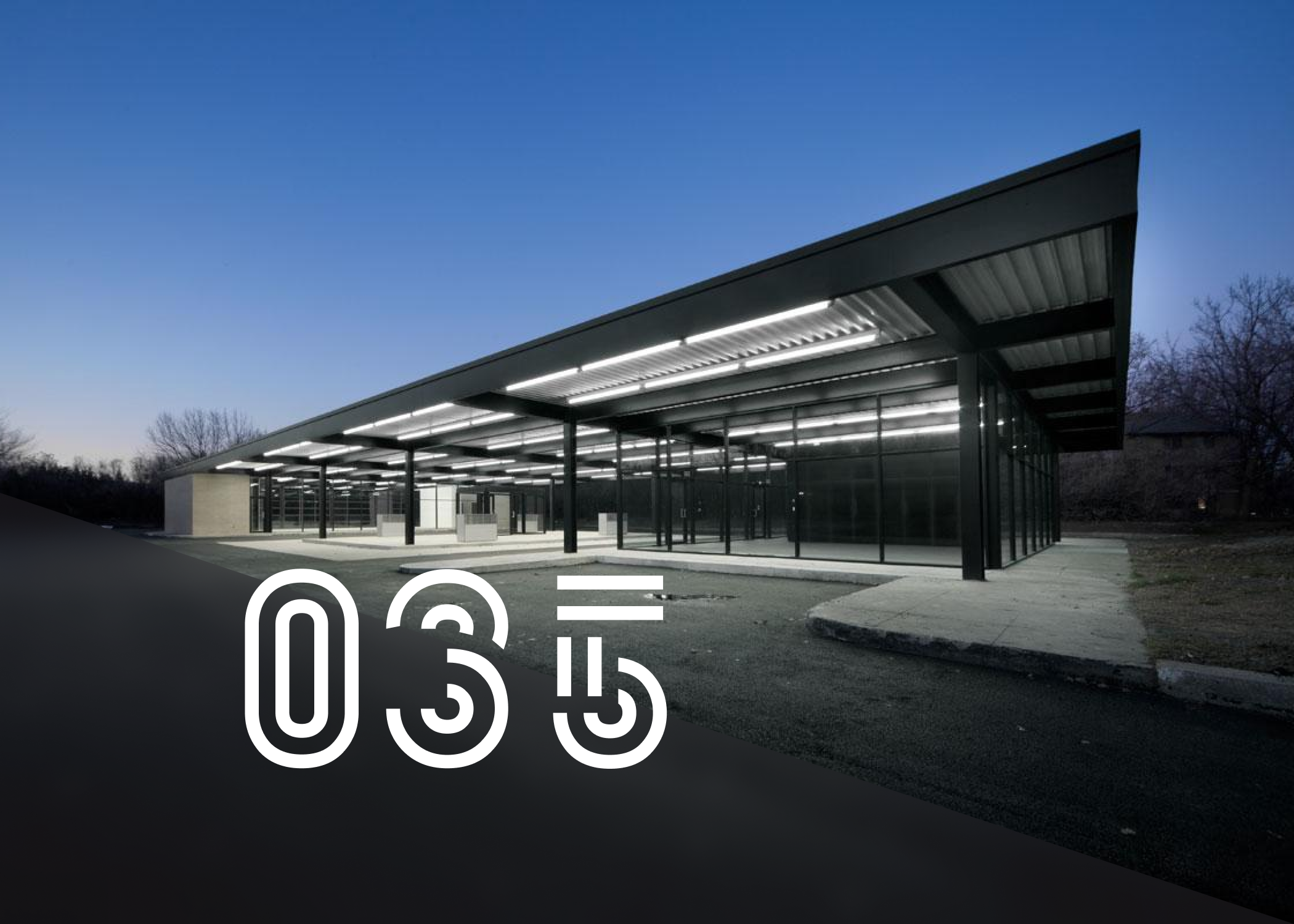035 — Milton Glaser : 10 leçons de vie (deuxième partie)
Dans la deuxième partie de notre série sur la sagesse de Milton Glaser, on explore trois leçons clés : identifier les relations toxiques grâce à un test énergisant, reconnaître les limites du professionnalisme et remettre en question le mantra \"less is more\" en adoptant \"juste assez c\'est plus\" comme une approche plus appropriée.La première partie se trouve ici.Notes et références[05:00] SOME PEOPLE ARE TOXIC AVOID THEM.This is a subtext of number one. There was in the sixties a man named Fritz Perls who was a gestalt therapist. Gestalt therapy derives from art history, it proposes you must understand the ‘whole’ before you can understand the details. What you have to look at is the entire culture, the entire family and community and so on. Perls proposed that in all relationships people could be either toxic or nourishing towards one another. It is not necessarily true that the same person will be toxic or nourishing in every relationship, but the combination of any two people in a relationship produces toxic or nourishing consequences. And the important thing that I can tell you is that there is a test to determine whether someone is toxic or nourishing in your relationship with them. Here is the test: You have spent some time with this person, either you have a drink or go for dinner or you go to a ball game. It doesn’t matter very much but at the end of that time you observe whether you are more energized or less energized. Whether you are tired or whether you are exhilarated. If you are more tired then you have been poisoned. If you have more energy you have been nourished. The test is almost infallible and I suggest that you use it for the rest of your life.[25:00] PROFESSIONALISM IS NOT ENOUGH or THE GOOD IS THE ENEMY OF THE GREAT.Early in my career I wanted to be professional, that was my complete aspiration in my early life because professionals seemed to know everything - not to mention they got paid for it. Later I discovered after working for a while that professionalism itself was a limitation. After all, what professionalism means in most cases is diminishing risks. So if you want to get your car fixed you go to a mechanic who knows how to deal with transmission problems in the same way each time. I suppose if you needed brain surgery you wouldn’t want the doctor to fool around and invent a new way of connecting your nerve endings. Please do it in the way that has worked in the past. Unfortunately in our field, in the so-called creative – I hate that word because it is misused so often. I also hate the fact that it is used as a noun. Can you imagine calling someone a creative? Anyhow, when you are doing something in a recurring way to diminish risk or doing it in the same way as you have done it before, it is clear why professionalism is not enough. After all, what is required in our field, more than anything else, is the continuous transgression. Professionalism does not allow for that because transgression has to encompass the possibility of failure and if you are professional your instinct is not to fail, it is to repeat success. So professionalism as a lifetime aspiration is a limited goal.[37:00] LESS IS NOT NECESSARILY MOREBeing a child of modernism I have heard this mantra all my life. Less is more. One morning upon awakening I realized that it was total nonsense, it is an absurd proposition and also fairly meaningless. But it sounds great because it contains within it a paradox that is resistant to understanding. But it simply does not obtain when you think about the visual of the history of the world. If you look at a Persian rug, you cannot say that less is more because you realize that every part of that rug, every change of colour, every shift in form is absolutely essential for its aesthetic success. You cannot prove to me that a solid blue rug is in any way superior. That also goes for the work of Gaudi, Persian miniatures, art nouveau and everything else. However, I have an alternative to the proposition that I believe is more appropriate. ‘Just enough is more.’
This is a public episode. If you would like to discuss this with other subscribers or get access to bonus episodes, visit www.fullstackbanana.com
This is a public episode. If you would like to discuss this with other subscribers or get access to bonus episodes, visit www.fullstackbanana.com




